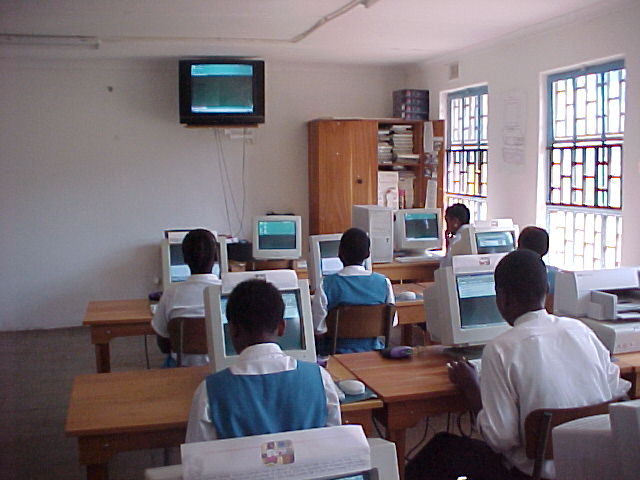| Planning questions |
|
"There is little that does more damage to the development of sound thinking in a classroom than a teacher who asks bad questions. ... Instead of asking learners, 'What is the answer?' type of questions, try to ask your learners a few more, 'How do we find out the answer?' type of questions." Adapted from Steele, Thinking in the Classroom SACOL (1999)
"By using questions that make your learners analyse, synthesise and evaluate, you are taking steps to improve learning in your class." Adapted from Steele Thinking in the Classroom SACOL (1999) Leading and probing questions are used when you are working on a strategy and you want to make learners think a bit more about something. Leading questions have to be planned so that you achieve the thinking and answers that you intended. Teachers often need to ask probing questions. Probing questions are open questions but they use a little bit of information that is already available.
Sometimes, as teachers, we need to listen to our learners to gain these pieces of information (i.e. they went to Lesotho) in order to build on to the discussion process. The learner will be pleased that you listened about where they went on their holidays and it will show that you are interested in what they had to say as well as move them along in the discussion. "Meaningful classroom discussion requires the asking of meaningful questions by the teacher." Steele, Thinking in the Classroom SACOL (1999) Teachers should ask lots of open questions. Learners will learn from this and ask similar questions. We teach more from what we are than from what we say. Learners model the educator's behaviour. "Once you have learned how to ask relevant and appropriate questions, you have learned how to learn and no one can keep you from learning whatever you want or need to know." Neil Postman and Charles Weingartner, Teaching as a Subversive Activity
|
